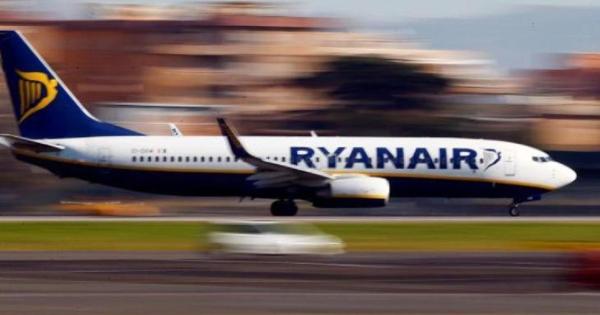Ryanair’s chief executive, Eddie Wilson, said in a press conference today Thursday that Ryanair has criticized Aena’s measures as being “ineffective” in increasing passenger numbers at Spain’s regional airports. He explained that this does not support the government’s goals. wilson said Aena’s ‘excessive’ fees and lack of ‘viable’ incentives It is harming local airports, limiting airport growth, and wasting airport capacity.
“These airports have the necessary infrastructure and security, but what they don’t have is infrastructure that’s priced right,” he added. Ryanair therefore suspended operations in Jerez (Cádiz) and Valladolid, withdrew its Santiago de Compostela-based aircraft and returned to Vigo (-61%), Santiago (-28%) and Zaragoza (-20). %). Asturias (-11%) and Santander (-5%) are considered “completely avoidable” losses.
The company believes that Aena’s regional airport is less competitive than its European counterparts, so traffic is diverted to Sweden, Croatia, Hungary and Morocco.
Moreover, this is particularly important given the current situation in the aviation market, where Airbus and Boeing are delaying aircraft deliveries due to supply chain issues, and in the latter’s case internal issues. airlines took in the past palm Airports resolve issues surrounding airport usage fees At the moment, it looks like we are 100 percent committed to aviation operations; mallorca.
And Ryanair took matters into its own hands on Thursday by canceling some routes and making them largely obsolete. Flight frequency reduced in many major German cities. Michael O’Leary’s company will now offer 1.8 million fewer seats in Germany and cut 22 routes to a variety of destinations, including Dresden and Hamburg. These cuts are scheduled to take effect in 2025.
In May, German authorities raised air taxes per passenger by 22% as a way to shore up shrinking government finances. However, the move was met with a backlash from the airline industry, with the International Air Transport Association (IATA) describing it as an “unreasonable step”. “short-term cash grab” At a time when the country’s economic growth is sluggish.
















